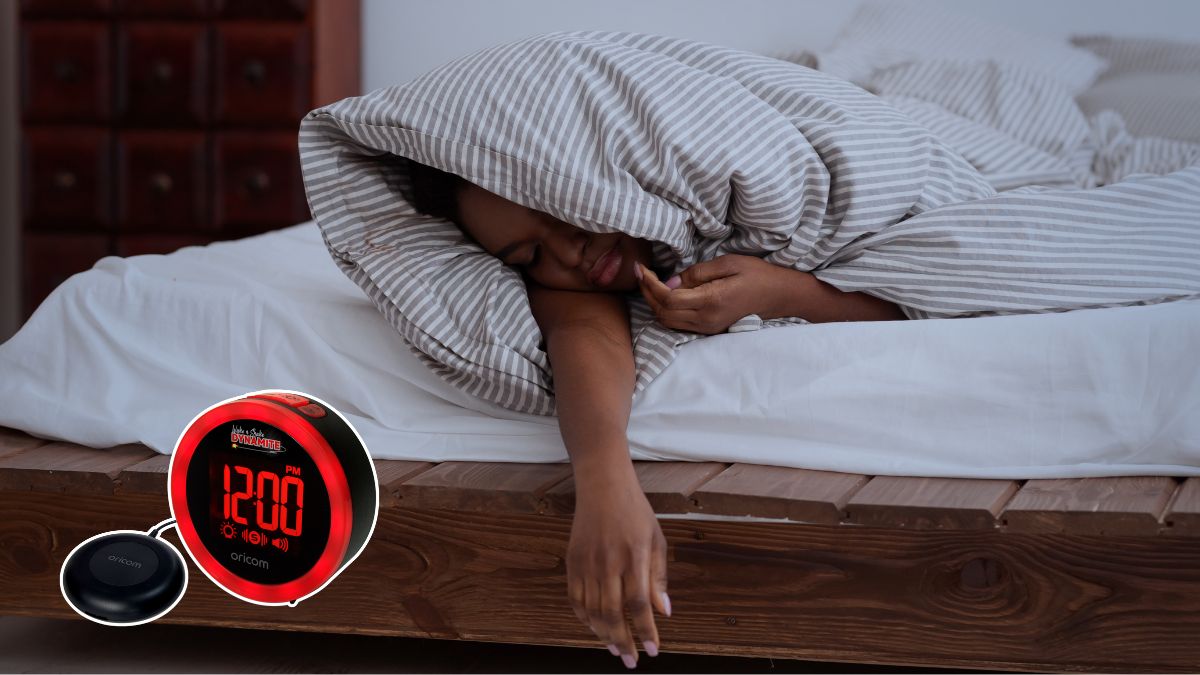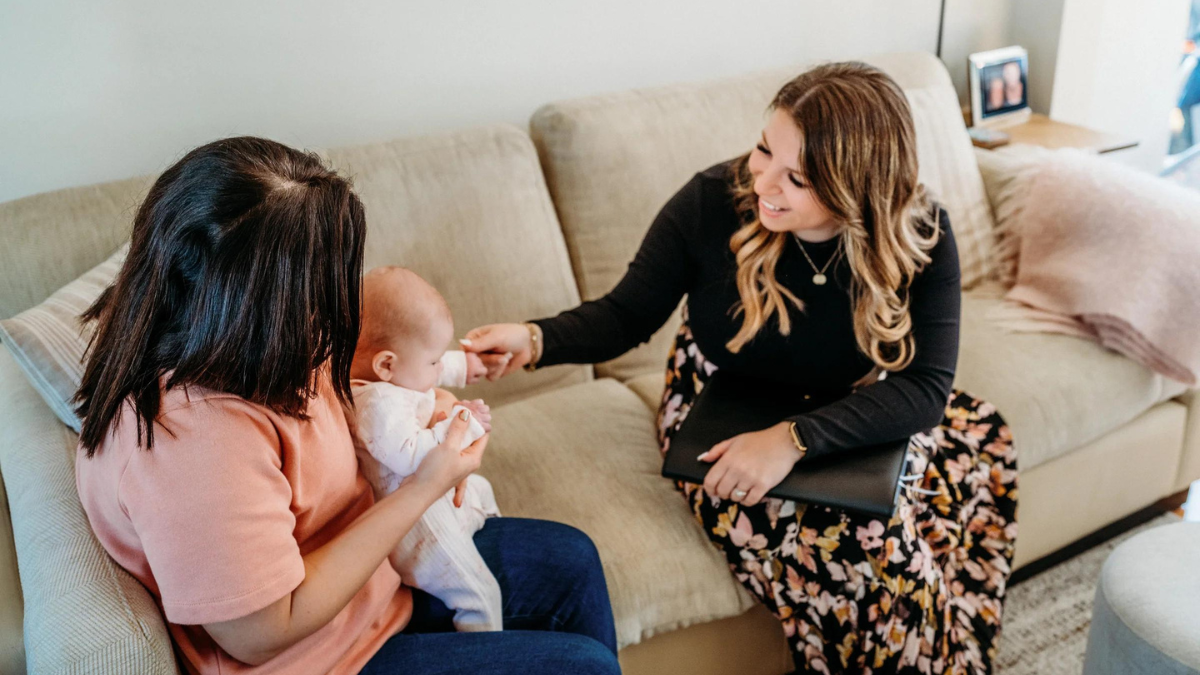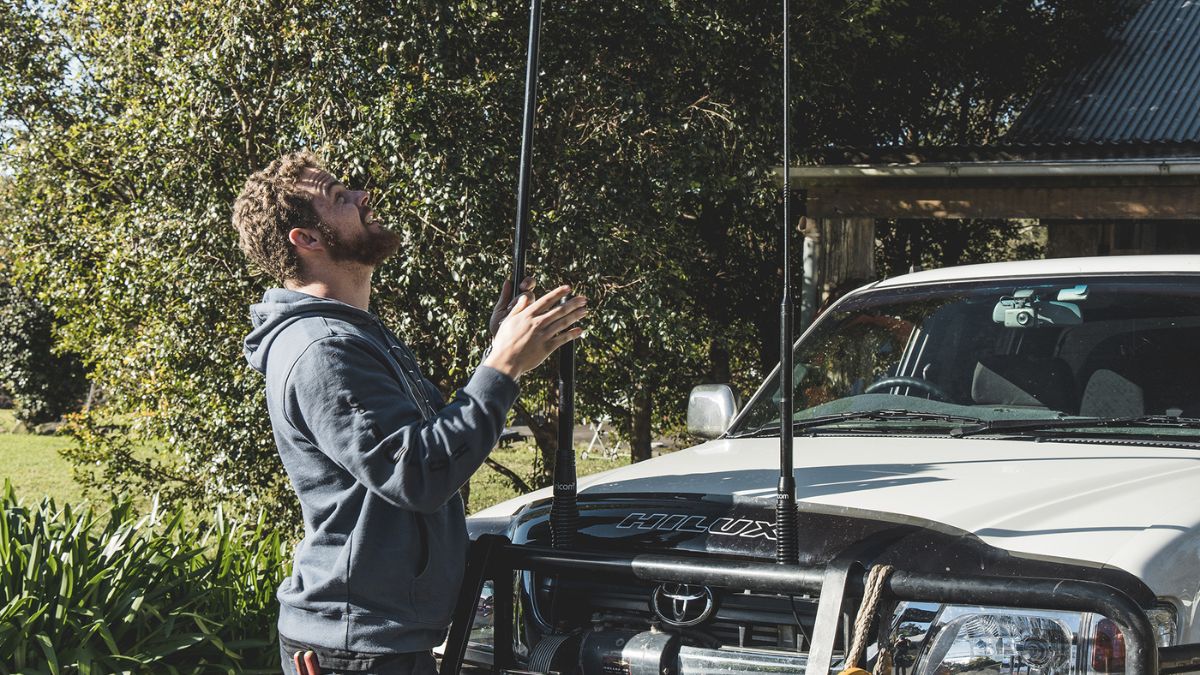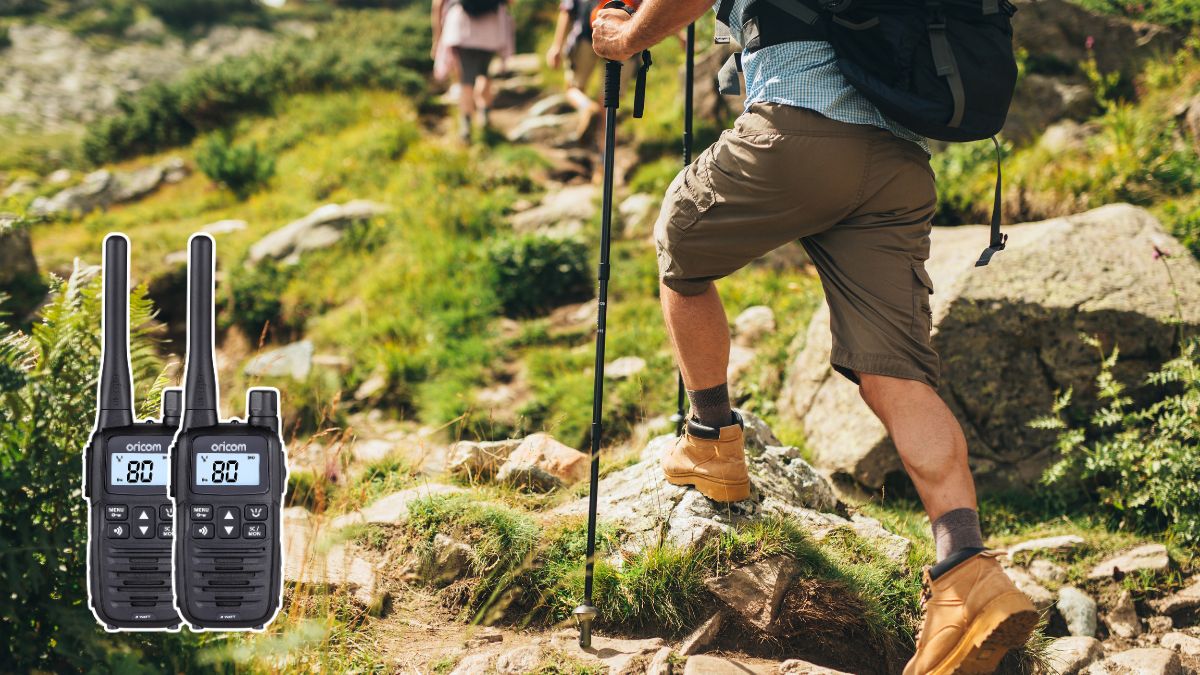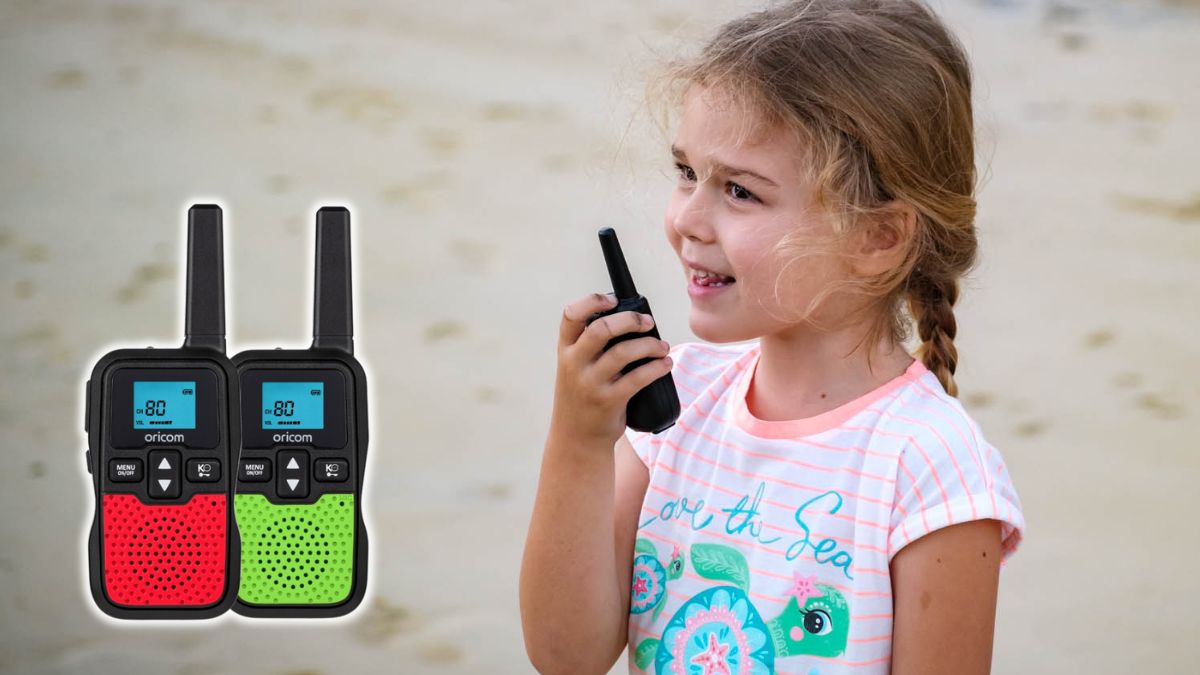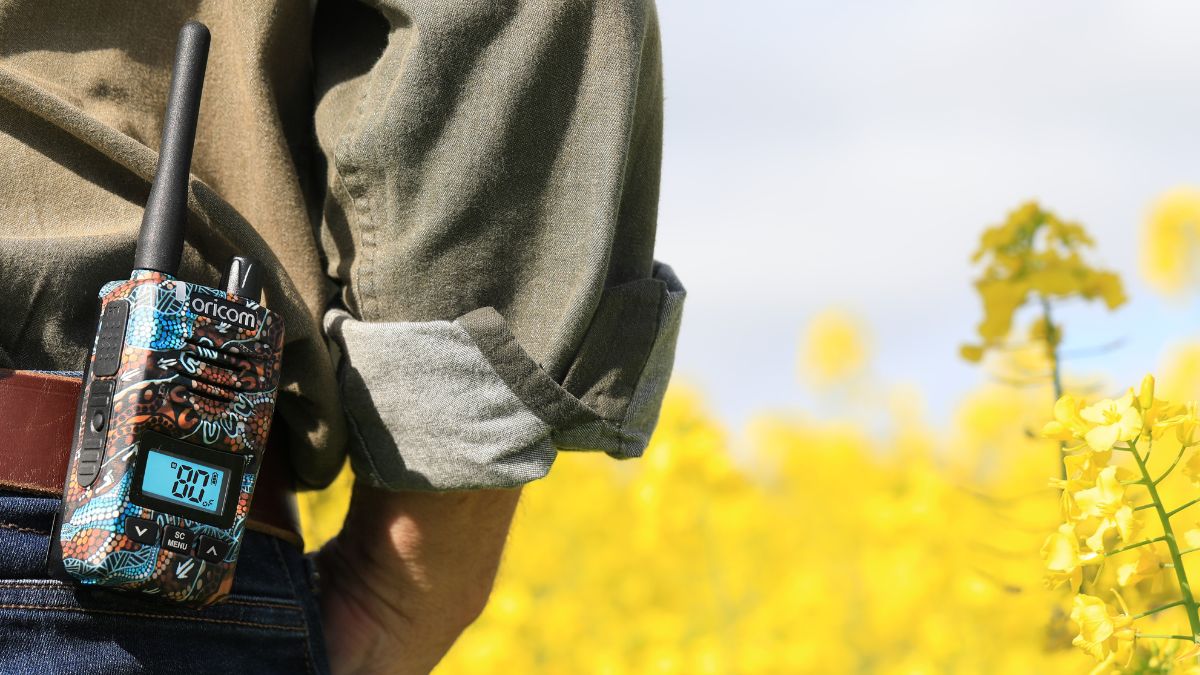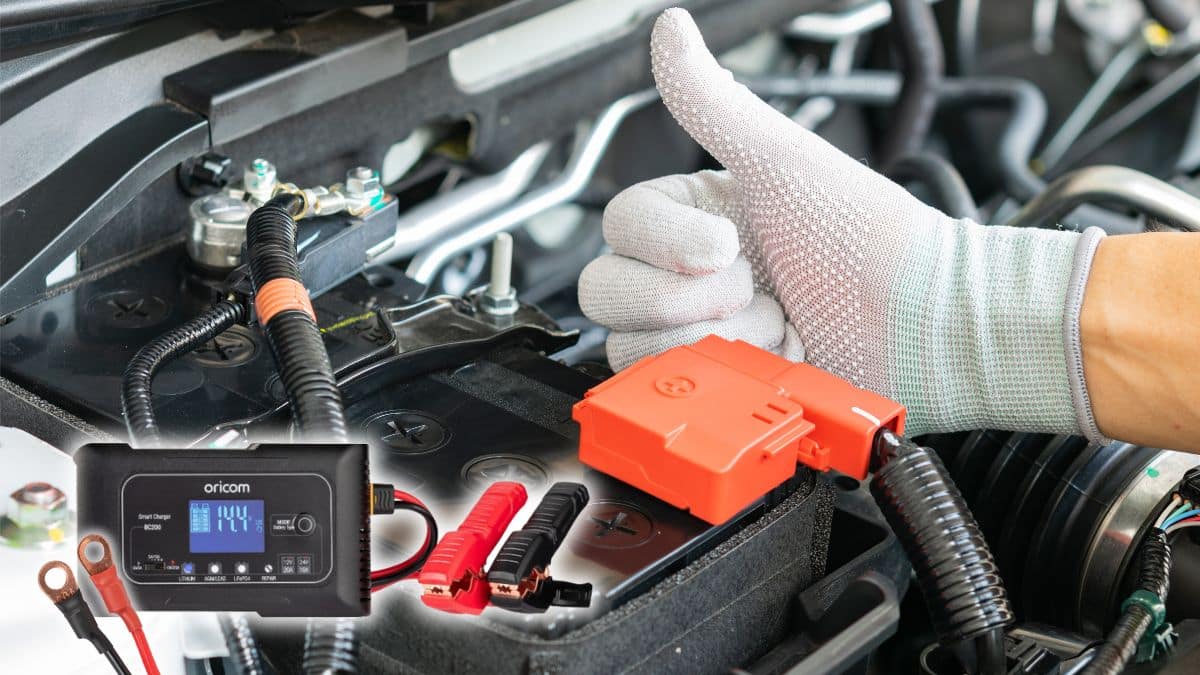Bringing a baby into the world is a wonderful, life-changing experience. As parents, you naturally want to provide the best care and safety for your little one, especially when they’re sleeping. This is where baby monitors come into play. But the question remains: Do you really need a baby monitor? In this guide, we’ll explore the pros and cons of baby monitors, helping you make an informed decision about whether they’re a must-have for your family.
Should I Get a Smart or Standard Baby Monitor?
The world of baby monitors has evolved significantly in recent years. Gone are the days of static-filled audio monitors. Now, you have the option to choose between a standard video monitor and smart baby monitors.
Standard Baby Monitors:
These are the traditional video/audio monitors that allow you to see and hear your baby through the paired parent unit. They are simple, reliable, and often more affordable than their smart counterparts. If you only need to monitor your baby’s sounds and direct footage to the parent unit, a standard monitor might be all you require.
Smart Baby Monitors:
These high-tech devices offer a range of features beyond standard video/audio monitoring. With a smart baby monitor, you can view your baby on a paired parent unit, or through your connected smartphone or tablet, talk to your baby remotely, and even track the room’s temperature and humidity. Smart baby monitors provide added convenience and peace of mind, especially for tech-savvy parents. Having the option to monitor your child on the parent unit at home, while at work or play, and being able to remotely view the camera feed through the app is a godsend for many parents.
Where Does the Baby Sleep With a Baby Monitor?
When setting up a baby monitor, it’s important to consider the optimal placement. Your baby’s sleep environment plays a crucial role in their safety and comfort.
Ideally, your baby should sleep in their crib or bassinet, placed on their back, in a room designed for infant sleep safety. The baby monitor should be positioned in a way that allows you to clearly hear or see your baby while adhering to safe sleep guidelines. Avoid placing the monitor inside the crib or too close to the baby to prevent any accidental entanglement or obstruction and ensure that the camera is not connected in any way to the cot, to avoid power sources being accessible by the baby.
Is a Baby Monitor Useful?
The utility of a baby monitor depends on various factors, including your living situation, your baby’s sleep habits, and your personal preferences. Here are some scenarios where a baby monitor can be particularly useful:
- Large House: If you live in a spacious home with multiple floors or rooms, a baby monitor can help you stay connected with your baby regardless of where you are in the house.
- Heavy Sleeper: If you tend to sleep deeply and are worried about not hearing your baby’s cries at night, a baby monitor can provide that extra layer of assurance.
- Working from Home: For parents who work from home or need to complete tasks in another room, a baby monitor can allow you to keep an eye on your baby while you work.
- Peace of Mind: Many parents find comfort in being able to check on their baby visually or audibly whenever they want, which can reduce anxiety and promote better sleep for both parents and baby.
Now that we’ve explored the basics of baby monitors, let’s delve deeper into the types of baby monitors available and when you should consider using one.
What are the types of baby monitors?
Baby monitors come in various types, each designed to cater to specific needs and preferences. Here are the primary types of baby monitors:
Video Baby Monitors:
Video baby monitors are equipped with cameras that provide a live video feed of your baby’s crib or room. These monitors allow you to see your baby in real-time, providing visual reassurance that can be invaluable, especially for new parents.
Audio Baby Monitors:
Audio baby monitors transmit sound only, allowing you to hear your baby’s cries, coos, or movements. These monitors are simple and effective for parents who primarily want to monitor their baby’s audio cues.
Breathing Movement Monitors:
Breathing movement monitors are specialised devices that can alert you if your baby’s movements or breathing patterns become irregular.
In the next section, we’ll discuss the ideal age to start using a baby monitor and the potential privacy risks associated with their use. Stay tuned for more insights to help you make an informed decision about whether a baby monitor is right for your family.
For more information about Oricom’s smart and standard baby monitors, please visit our Smart Baby Monitors and Baby Monitors product categories.
At What Age Should I Start Using a Baby Monitor?
The ideal age to start using a baby monitor can vary from one family to another. It largely depends on your personal circumstances and parenting preferences. Here are some considerations:
From Birth: Many parents choose to start using a baby monitor right from birth. This provides them with immediate peace of mind and allows them to monitor their newborn’s sleep patterns and sounds, even when they are not in the same room. Importantly, breathing movement monitors tend to be used from birth through to 12 months old and are only recommended for use on healthy infants.
When Transitioning to the Nursery: If your baby initially sleeps in your room but will eventually transition to their nursery, you may want to start using a baby monitor when they make this move. This way, you can keep an eye (or ear) on them during this important transition period.
Ultimately, the decision to start using a baby monitor is a personal one, and there is no one-size-fits-all answer. It depends on your comfort level, your baby’s needs, and your living situation.
Are There Potential Privacy Risks With Using a Baby Monitor?
While baby monitors offer numerous benefits, it’s essential to be aware of potential privacy risks associated with their use, especially with the advent of smart baby monitors. Here are some key considerations:
Unauthorized Access: Smart baby monitors are connected to the internet, making them susceptible to hacking if not properly secured. This is true of all brands and competitors on the market. To mitigate this risk, ensure that you set strong, unique passwords for your monitor and router and regularly update the firmware.
Data Security: Some baby monitors may collect data about your baby’s sleep patterns, which could be stored in the cloud. It’s crucial to review the manufacturer’s privacy policy to understand how your data is handled and ensure it is adequately protected.
Secure Wi-Fi Network: To protect your baby monitor’s feed and data, make sure your home Wi-Fi network is secure. Use encryption protocols, change default passwords, and regularly update your network security settings.
Physical Security: Position your baby monitor in a way that it doesn’t capture or transmit any sensitive information, such as personal identification or financial documents that may be visible in the camera’s field of view.
By taking these precautions and being mindful of potential privacy risks, you can enjoy the benefits of a baby monitor while keeping your family’s privacy and security intact.
In the next section, we’ll delve into the main question: Do you need a baby monitor right away? We’ll address the specific scenarios where immediate monitoring might be crucial.
Do You Need a Baby Monitor Right Away?
The decision to use a baby monitor immediately after your baby’s birth depends on various factors, including your parenting style, living situation, and personal preferences. Here are some scenarios where having a baby monitor right away can be particularly beneficial:
Separate Sleeping Arrangements: If your baby will sleep in their nursery or in a separate room from day one, having a baby monitor can provide immediate reassurance. You can easily check on your baby without physically entering their room, which can help maintain a peaceful sleep environment.
Peace of Mind for New Parents: For new parents, especially those experiencing the challenges and uncertainties of caring for a newborn for the first time, a baby monitor can offer peace of mind. You can monitor your baby’s sounds and movements, reducing anxiety and allowing you to respond promptly to their needs.
Sleeping in a Large House: If you live in a spacious home with multiple rooms or floors, a baby monitor can be a valuable tool for keeping tabs on your baby, whether you’re in the kitchen, office, or bedroom. It ensures that you’re always just a glance or a listen away from your little one.
Flexible Sleeping Arrangements: Some parents prefer to have their baby sleep in a bassinet or crib in the same room for the first few months before transitioning to their own nursery. In such cases, having a baby monitor ready can be a wise choice, as you can use it when the time comes to move your baby to their dedicated sleeping space.
While there are situations where having a baby monitor right away can be advantageous, it’s not an absolute necessity for every family. Some parents may find that they can comfortably wait until their baby is older or until specific circumstances arise where monitoring becomes more practical.
In conclusion, the decision to use a baby monitor right away should align with your parenting goals and the unique needs of your family. Whether you choose to have one from the beginning or introduce it later, a baby monitor can be a valuable tool in ensuring your baby’s safety and your peace of mind.
Now that we’ve covered the key aspects of baby monitors, including when to start using them and potential privacy considerations, you’re better equipped to make an informed decision. If you have any further questions or need recommendations for specific baby monitor models, feel free to explore Oricom’s Smart Baby Monitors and Baby Monitors to find the perfect fit for your family’s needs.



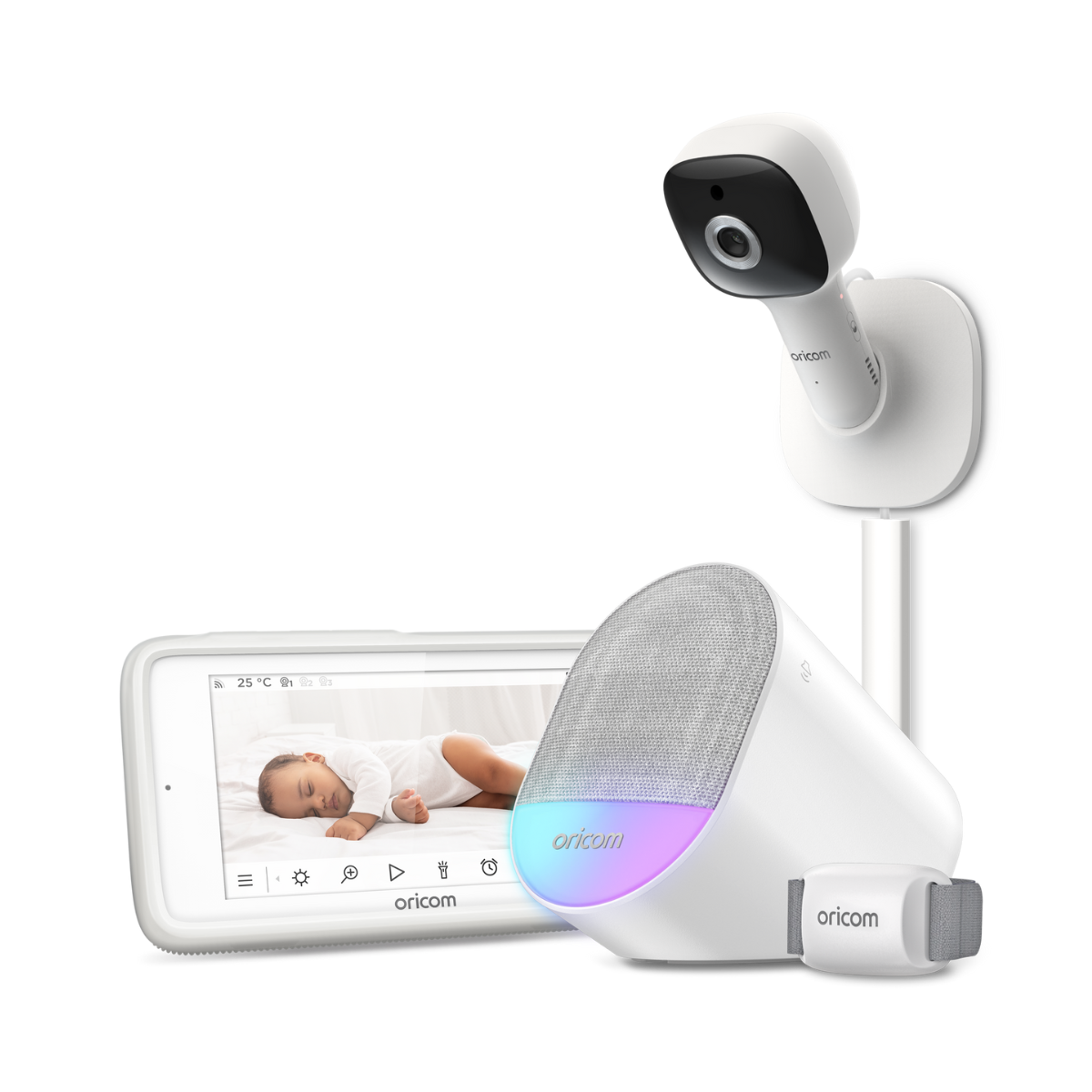 Baby Care
Baby Care Senior Care
Senior Care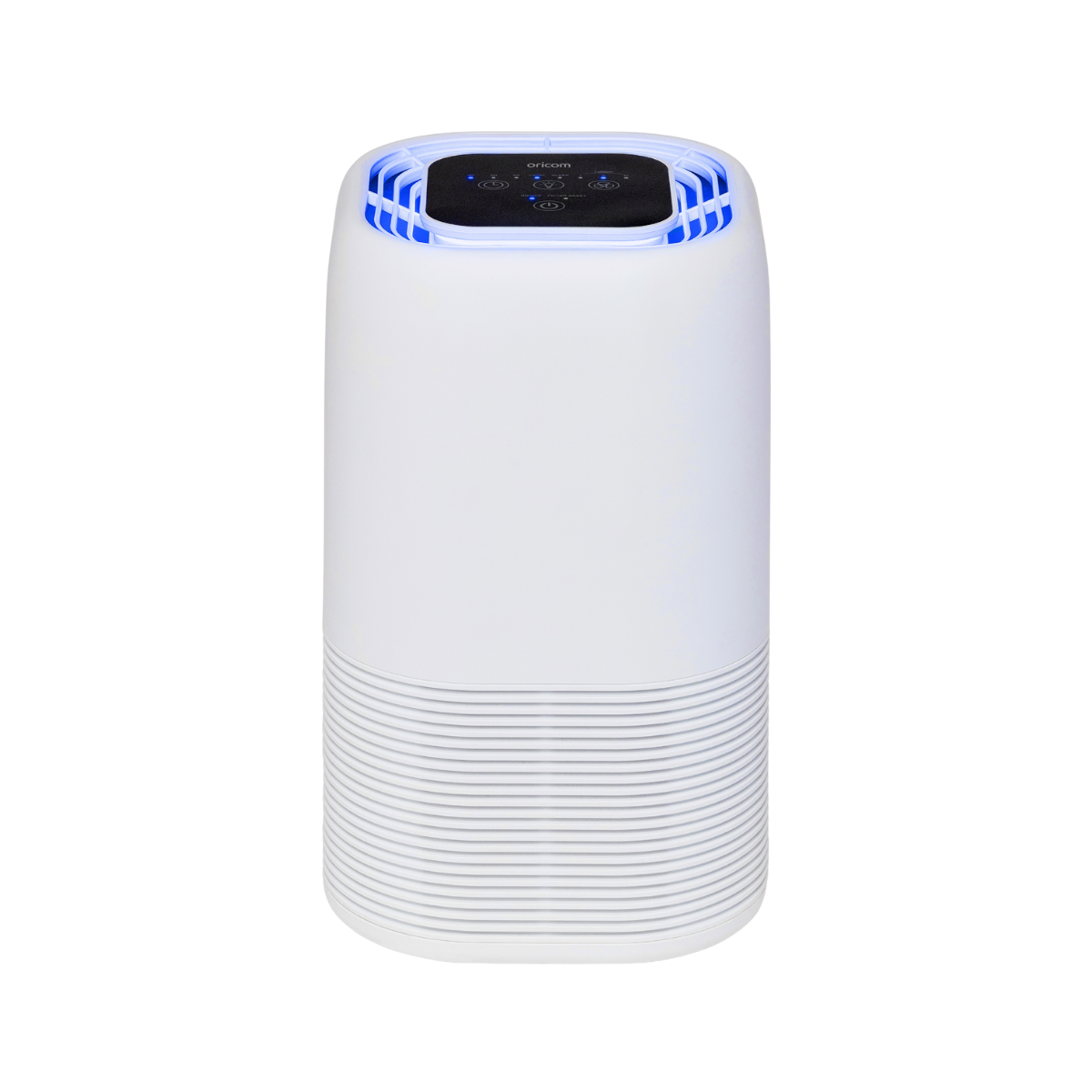 Air Purifiers
Air Purifiers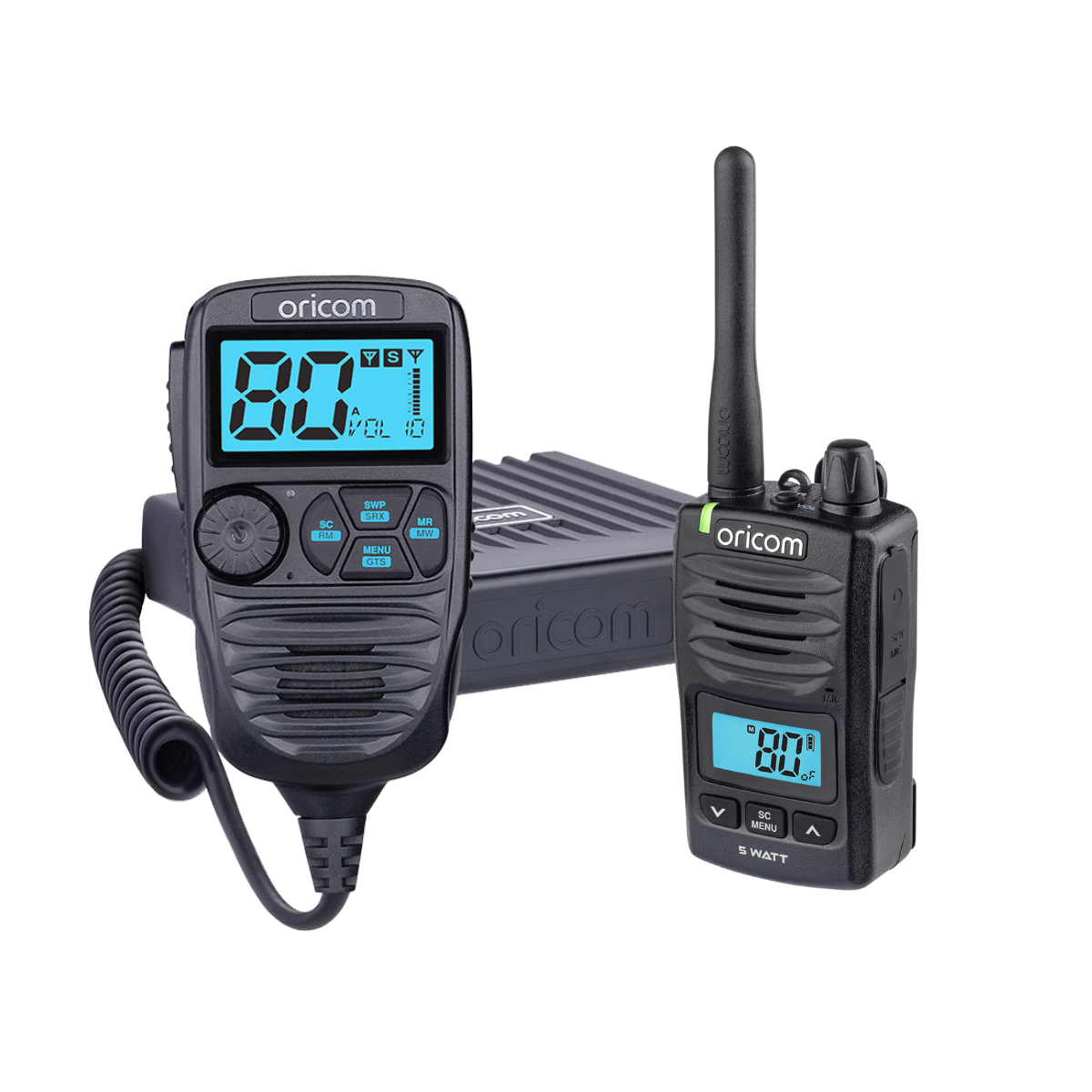 UHF CB Radios
UHF CB Radios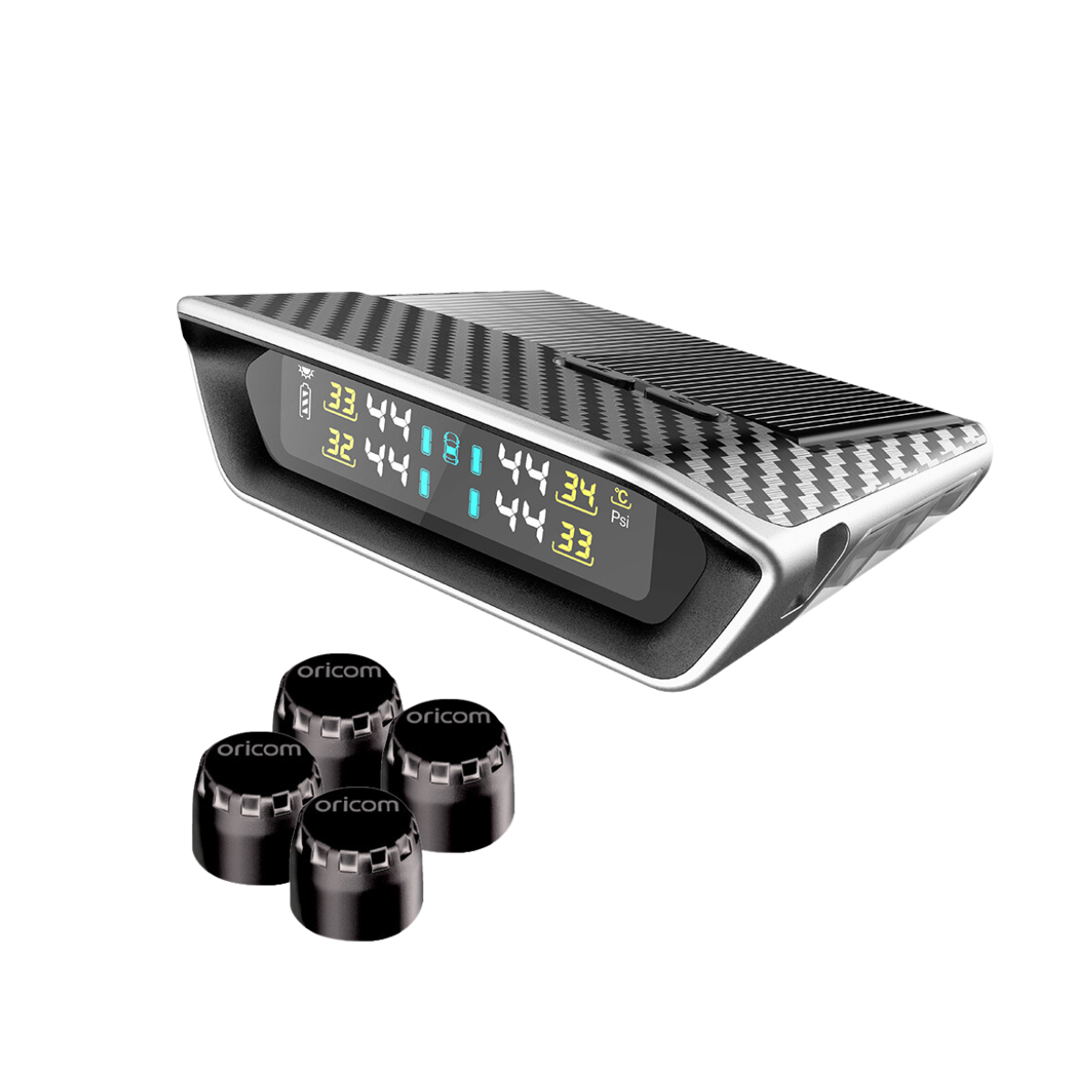 Tyre Pressure Monitors
Tyre Pressure Monitors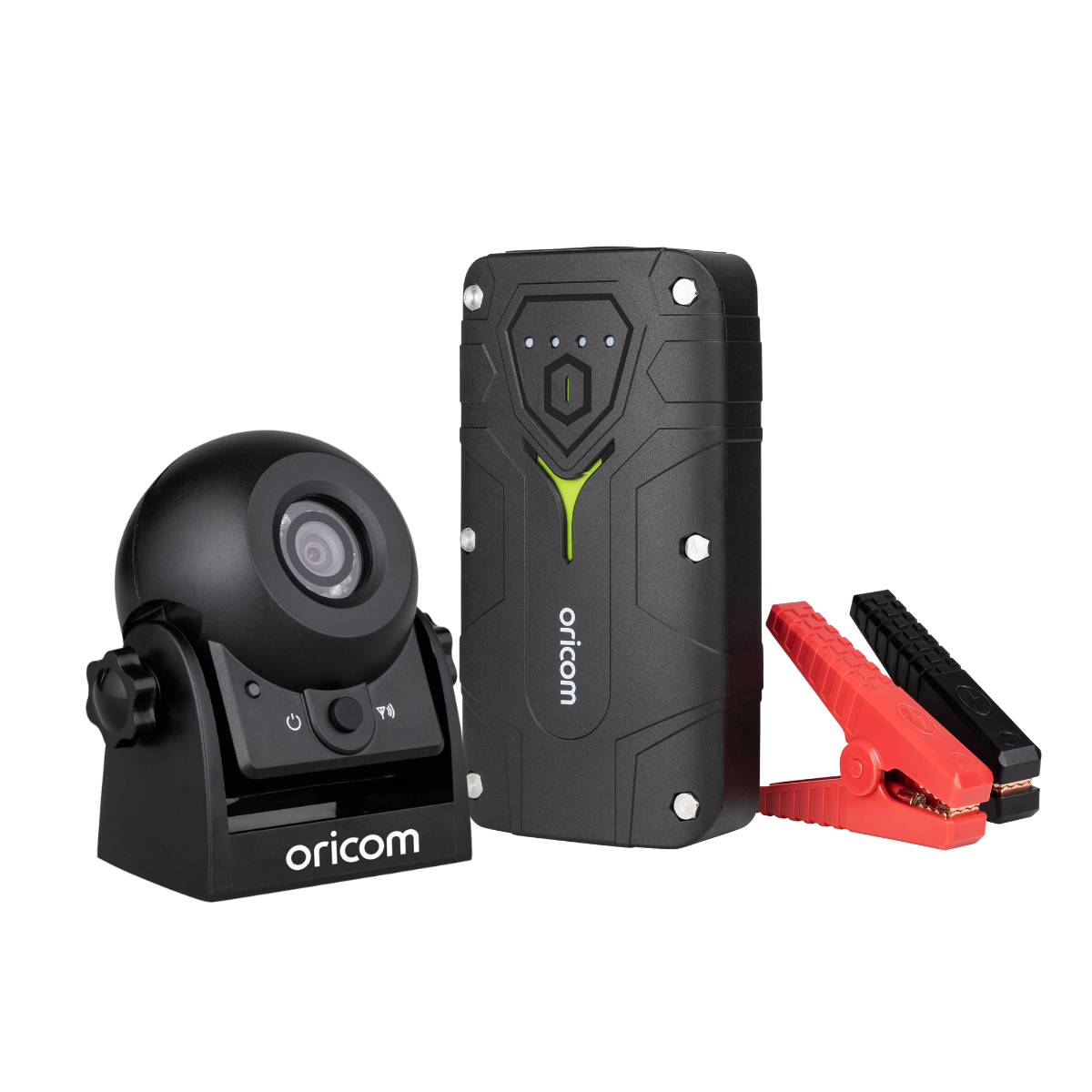 Automotive Products
Automotive Products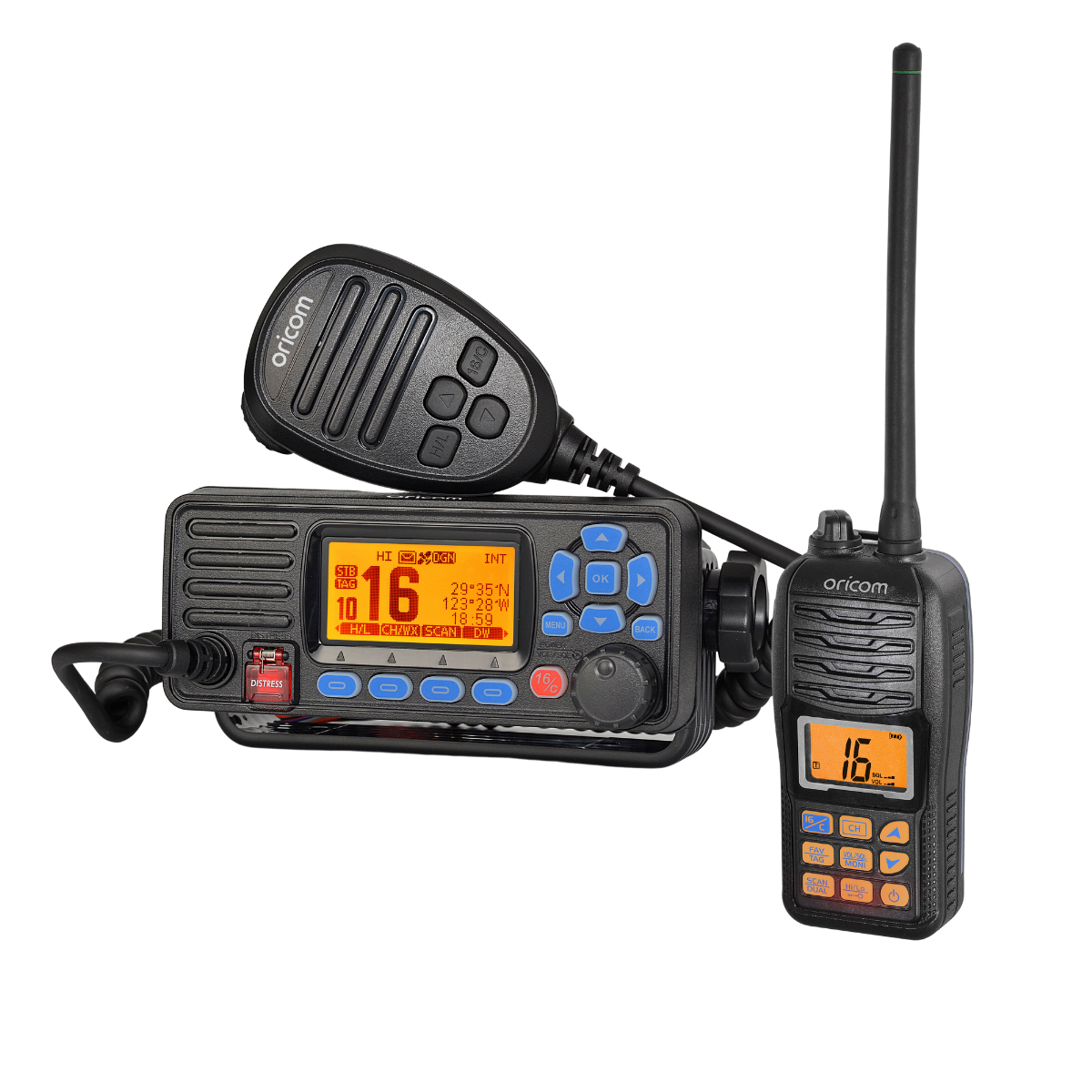 Marine VHF Radios
Marine VHF Radios


